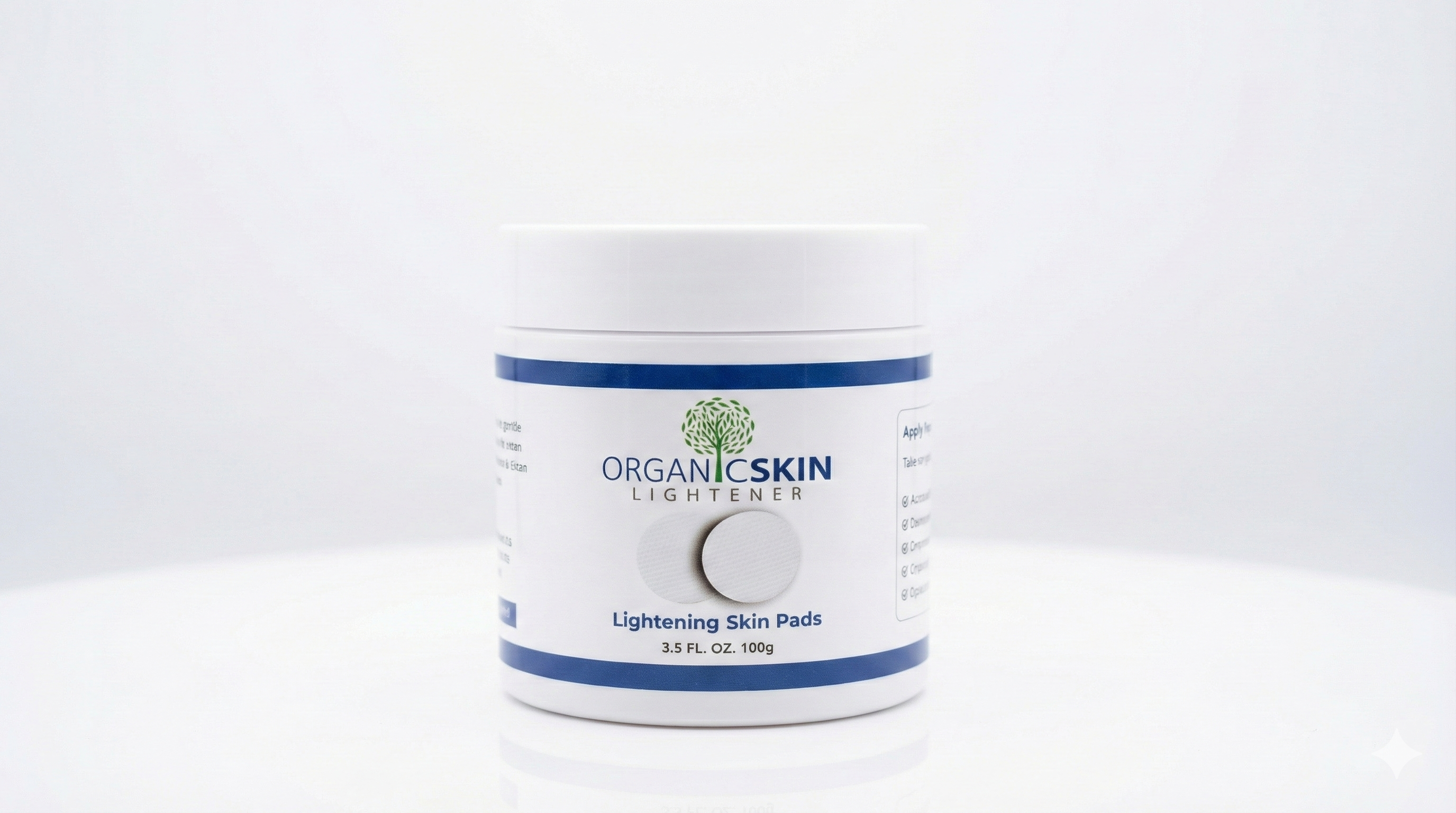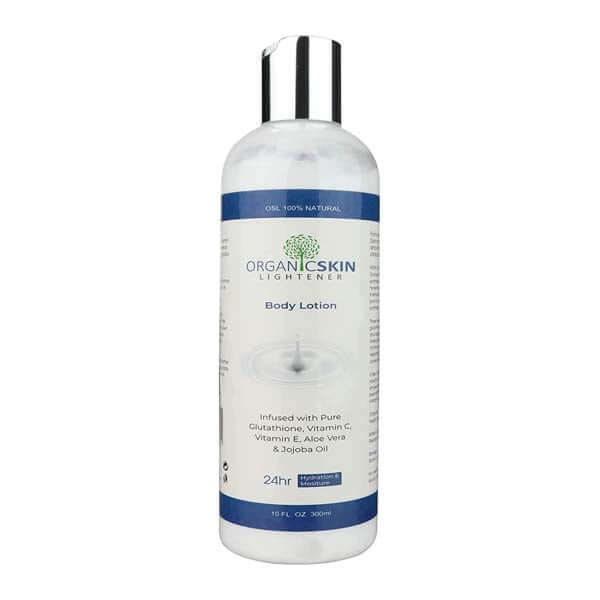Introduction
A clear, glowing complexion is often associated with vitality, confidence, and beauty. However, achieving and maintaining clear skin can be a challenge, especially with the myriad of skincare products and conflicting advice available. Whether you have oily, dry, combination, or sensitive skin, understanding your skin type and adopting tailored techniques is key to unlocking your skin's full potential. In this comprehensive guide, we'll explore proven strategies to help you achieve a clear complexion, regardless of your skin type.

Understanding Your Skin Type
Before delving into specific tips and techniques, it's essential to identify your skin type accurately. Skin types generally fall into four categories: oily, dry, combination, and sensitive.
- Oily Skin: Characterized by excess sebum production, oily skin often appears shiny, particularly in the T-zone (forehead, nose, and chin).
- Dry Skin: Lacking in natural oils, dry skin may feel tight, rough, and prone to flakiness or irritation.
- Combination Skin: Exhibiting traits of both oily and dry skin, combination skin typically features an oily T-zone and drier cheeks.
- Sensitive Skin: Easily irritated by environmental factors, sensitive skin may react negatively to certain products or ingredients, leading to redness, itching, or inflammation.

Proven Techniques for Clear Complexion
Now that we've established the importance of understanding your skin type, let's explore proven techniques tailored to each skin type:
For Oily Skin:
- Gentle Cleansing: Use a mild, non-comedogenic cleanser twice daily to remove excess oil and impurities without stripping the skin.
- Oil-Free Moisturization: Opt for lightweight, oil-free moisturizers to hydrate the skin without adding extra shine.
- Exfoliation: Incorporate gentle exfoliation into your skincare routine to unclog pores and prevent breakouts. Look for products containing salicylic acid or glycolic acid.
- Oil-Control Products: Use oil-absorbing sheets or mattifying primers throughout the day to combat shine and keep oiliness at bay.
- Hydration: Stay hydrated by drinking plenty of water to help regulate oil production from within.
For Dry Skin:
- Hydrating Cleansers: Choose creamy or oil-based cleansers that effectively cleanse the skin without stripping away natural oils.
- Rich Moisturizers: Opt for rich, emollient moisturizers containing ingredients like hyaluronic acid, shea butter, or ceramides to nourish and hydrate dry skin.
- Humidifier Use: Consider using a humidifier in dry environments to add moisture to the air and prevent further moisture loss from the skin.
- Avoid Harsh Ingredients: Steer clear of harsh or alcohol-based skincare products that can exacerbate dryness and irritation.
- Weekly Masks: Treat your skin to hydrating masks or overnight treatments infused with nourishing ingredients to replenish moisture levels.

For Combination Skin:
- Balanced Cleansing: Use a gentle, pH-balanced cleanser to effectively cleanse the entire face while avoiding over-drying or over-moisturizing any specific areas.
- Targeted Moisturization: Apply lightweight, oil-free moisturizers to the T-zone and richer moisturizers to the drier areas, such as the cheeks.
- Spot Treatments: Use targeted treatments, such as benzoyl peroxide for oily areas and hydrating serums for dry areas, to address specific concerns.
- Weekly Exfoliation: Incorporate a weekly exfoliating treatment to slough away dead skin cells and maintain a smooth, balanced complexion.
- Sun Protection: Regardless of skin type, always apply a broad-spectrum sunscreen with an SPF of 30 or higher to protect against UV damage and premature aging.
For Sensitive Skin:
- Patch Test New Products: Before applying new skincare products to your face, perform a patch test on a small area of skin to check for any adverse reactions.
- Gentle Formulations: Look for fragrance-free, hypoallergenic skincare products formulated specifically for sensitive skin to minimize the risk of irritation.
- Minimal Ingredients: Opt for products with minimal ingredients to reduce the likelihood of triggering sensitivities or allergic reactions.
- Cool Water Cleansing: Use lukewarm or cool water to cleanse the skin, as hot water can exacerbate sensitivity and strip away natural oils.
- Calming Ingredients: Incorporate skincare products containing soothing ingredients like aloe vera, chamomile, or oatmeal to calm and comfort sensitive skin.

Maintaining Your Clear Complexion: Consistency is Key
While implementing these proven techniques is essential for achieving a clear complexion, consistency is equally important. Establishing a daily skincare routine and sticking to it diligently can yield significant improvements over time. Here are some additional tips to help you maintain your newfound clarity:
Stick to a Routine: Consistently follow your skincare regimen morning and night, ensuring that you cleanse, moisturize, and protect your skin from environmental aggressors.
Monitor Your Skin: Pay attention to how your skin responds to different products and environmental factors. Adjust your routine accordingly to address any changes or concerns promptly.
Practice Sun Safety: Protect your skin from the sun's harmful UV rays by wearing sunscreen daily, seeking shade when outdoors, and wearing protective clothing, such as wide-brimmed hats and sunglasses.
Eat a Balanced Diet: Nourish your skin from the inside out by consuming a diet rich in antioxidants, vitamins, and essential nutrients. Incorporate plenty of fruits, vegetables, lean proteins, and healthy fats into your meals for optimal skin health.
Manage Stress: Chronic stress can wreak havoc on your skin, leading to breakouts, inflammation, and accelerated aging. Practice stress-reducing techniques such as meditation, yoga, or deep breathing exercises to promote skin health and overall well-being.
Get Adequate Sleep: Aim for 7-9 hours of quality sleep each night to allow your skin time to repair and regenerate. Lack of sleep can contribute to dullness, dark circles, and premature aging, so prioritize restful slumber for a clear complexion.
Stay Hydrated: Drink plenty of water throughout the day to keep your skin hydrated from the inside out. Proper hydration helps maintain skin elasticity, flush out toxins, and promote a healthy, radiant complexion.
Avoid Smoking and Excessive Alcohol Consumption: Smoking and heavy alcohol consumption can impair skin health, leading to dehydration, collagen breakdown, and premature aging. Minimize these habits to preserve your skin's clarity and vitality.
Consulting a Dermatologist
If you're struggling to achieve or maintain a clear complexion despite your best efforts, consider consulting a dermatologist. A dermatologist can assess your skin type, identify any underlying issues, and recommend personalized treatments or skincare products to address your specific concerns. Whether you're dealing with stubborn acne, chronic dryness, or persistent redness, a dermatologist can provide expert guidance and support to help you achieve your skincare goals.
Conclusion
Achieving a clear complexion is a journey that requires patience, consistency, and a deep understanding of your skin's unique needs. By following these proven techniques tailored to your specific skin type, you can embark on a path toward healthier, more radiant skin. Remember to listen to your skin, make adjustments as needed, and always prioritize gentle care. With dedication and the right approach, you can unlock the true potential of your skin and radiate confidence from within.
Incorporate these tips into your skincare routine and witness the transformative power of clear, luminous skin, brought to you by Organic Skin Lightener.








